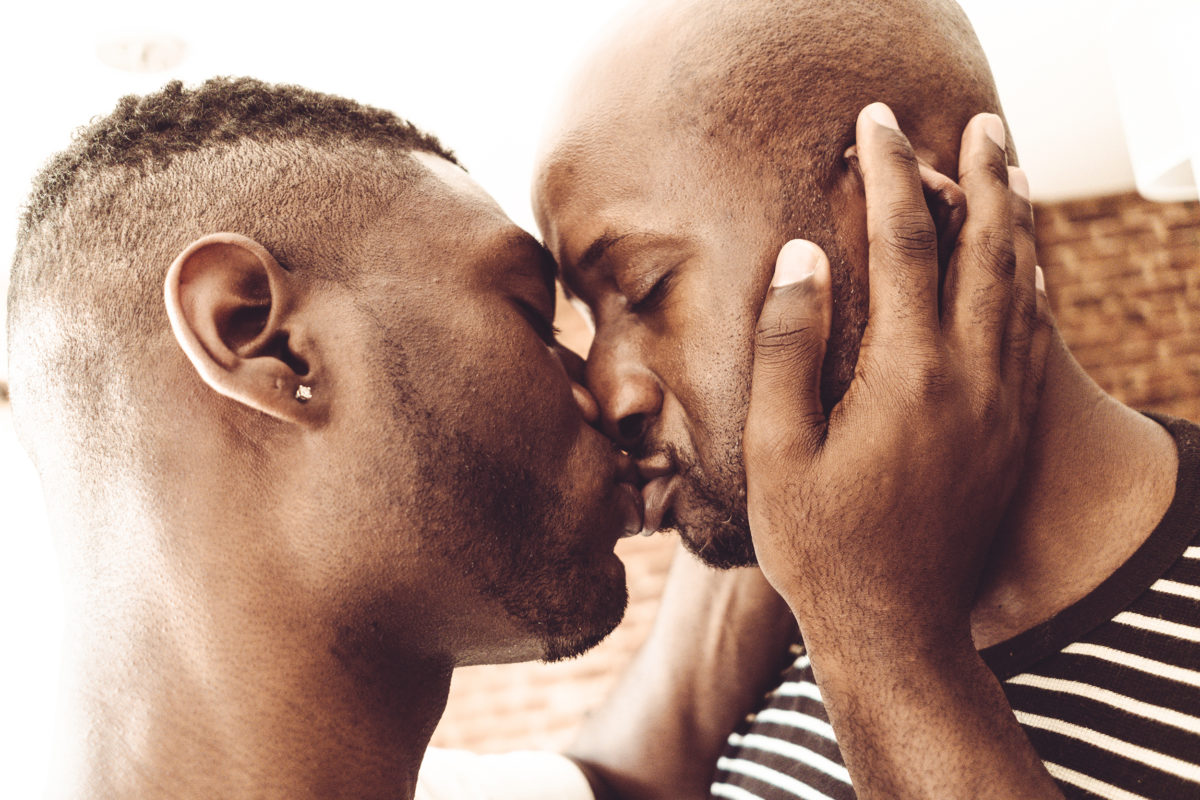Sex is one of a handful of core human behaviors; however, sex is rarely central to academic and community endeavors to promote health, well-being, and quality of life. This is especially true for gay men, whose sex and sexuality have been marginalized, criminalized, and pathologized for centuries. While universities across the globe have funded women’s studies, racial/ethnic minority studies, and LBGTQ studies, to our knowledge there is no academic research initiative that makes understanding gay men’s sex and sexuality central to its mission. Silence about gay sex further stigmatizes gay men, reinforcing messages from the dominant culture that gay sex is wrong, dirty, and shameful. As a result, generations of gay men have not fully actualized their sexuality, have been reluctant to talk openly in public spheres about the importance of sex in their lives, and as a result, have been unable to advocate for programs and policies that destigmatize gay sex.
Seventy countries across the world still criminalize homosexuality – laws and policies that overwhelmingly target and police same- sex sexual behavior among men. Yet gay men are incredibly resilient. All gay men have thought about sex, searched for sex or had sex while enduring fear of disease, physical violence, rejection and loss of family/career/housing. In spite of this, gay men form sub-communities and structure social interactions around sexual connection. Unfortunately, public health policies and public discourse about gay men ignore these strengths. Instead, existing research takes a deficits approach, pathologizing and ignoring the value of sex in the lives of gay men and the long histories of successful social activism and community mobilization around sex within gay communities. The COVID-19 pandemic has drastically impacted community, politics and culture and presents a timely opportunity to prioritize and invest in research to understand and uplift gay male sexuality.
Gay sex has already had a profound impact on art, culture, and politics. From disco, to ACT UP, to Pose, gay sexuality and its myriad manifestations are responsible for cultural development and expression in art, dance, spoken word, and theater, while the direct and radical approaches of gay social movements of the 1980s inspired other activist movements to confront stigma, discrimination, and oppression. Gay communities —, both in person and online—, continue to thrive in the face of significant adversity. Gay sex has helped advance a much more expansive view of what is possible around sexuality, and gender, and has provided a roadmap for how hetero-normative structures can be dismantled for the betterment of all.
The most recent opportunity to prioritize research about gay male sex was 40 years ago at the beginning of the HIV epidemic; however, researchers and policymakers largely failed to take up the mantle. Instead, gay sex was de-prioritized in sexual health research and
left out of interventions to improve sexual health among gay men, which only increased health risks and further fostered shame and stigma. In fact, specific policies, such as the Helms Amendment, excluded gay sex from public health initiatives and withhold funding for activities that explicitly address gay sex.
The Gay Sexuality and Social Policy Initiative @ UCLA Luskin will conduct cutting edge research that centers gay male sexuality and gay men’s unique experiences related to sex. Investment in GSSPI will be an investment in the lives of gay men and will increase the effectiveness of ongoing efforts to improve quality of life for gay men around the world.

